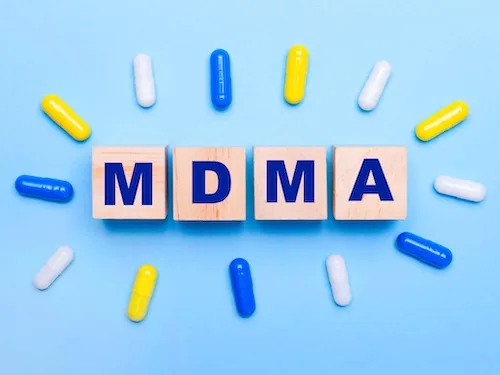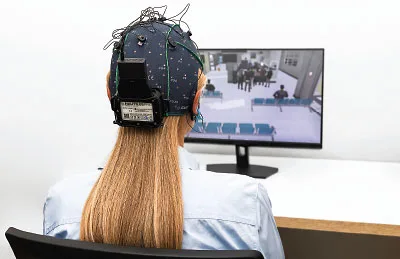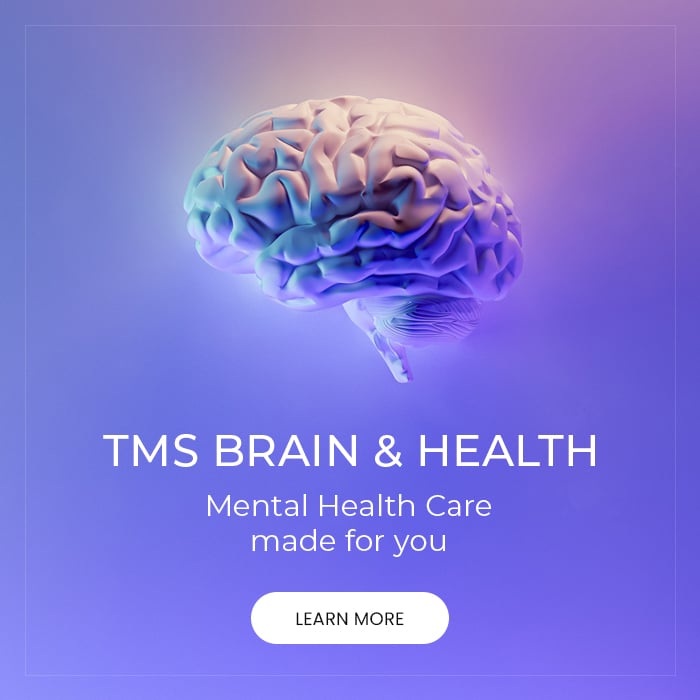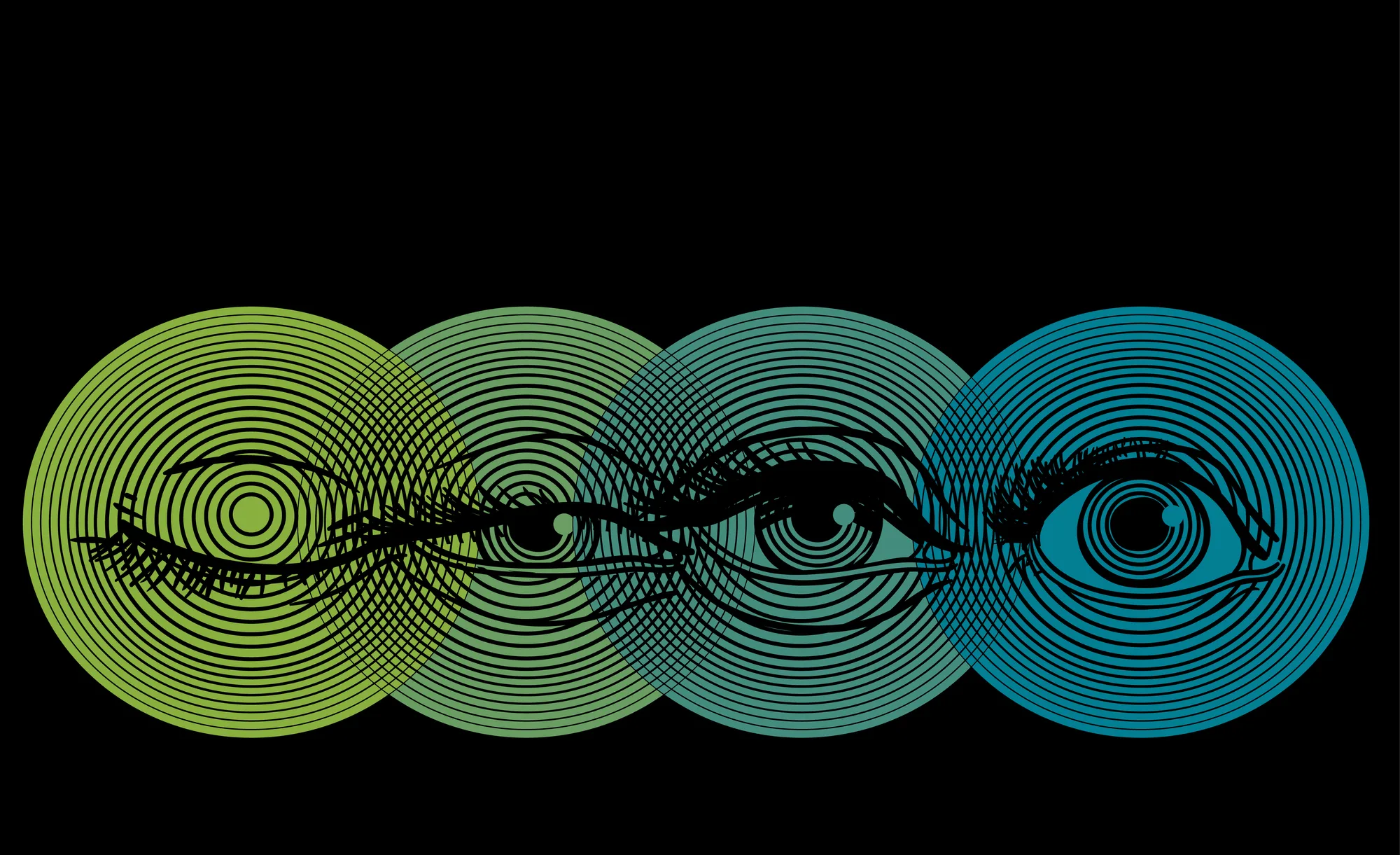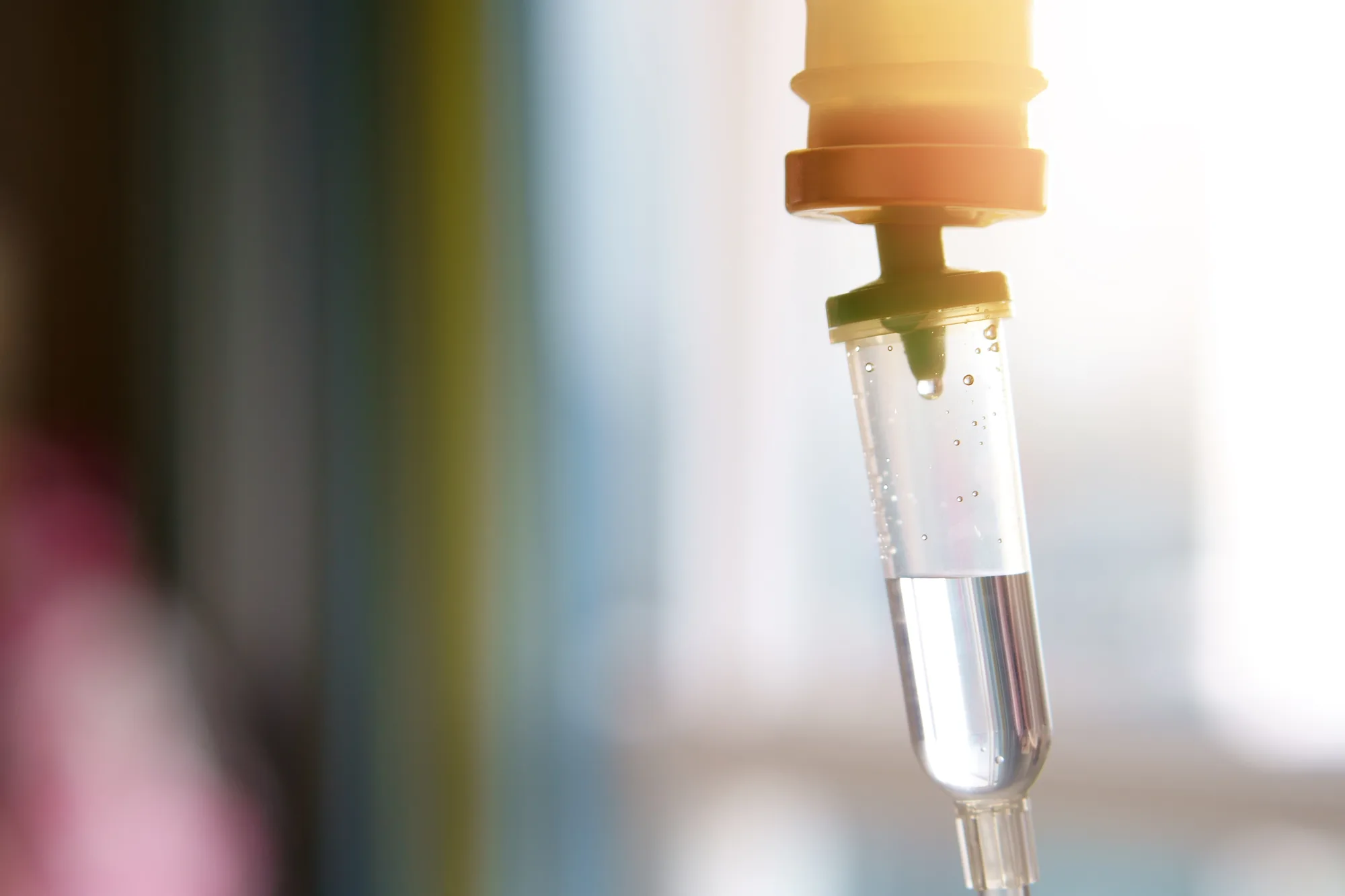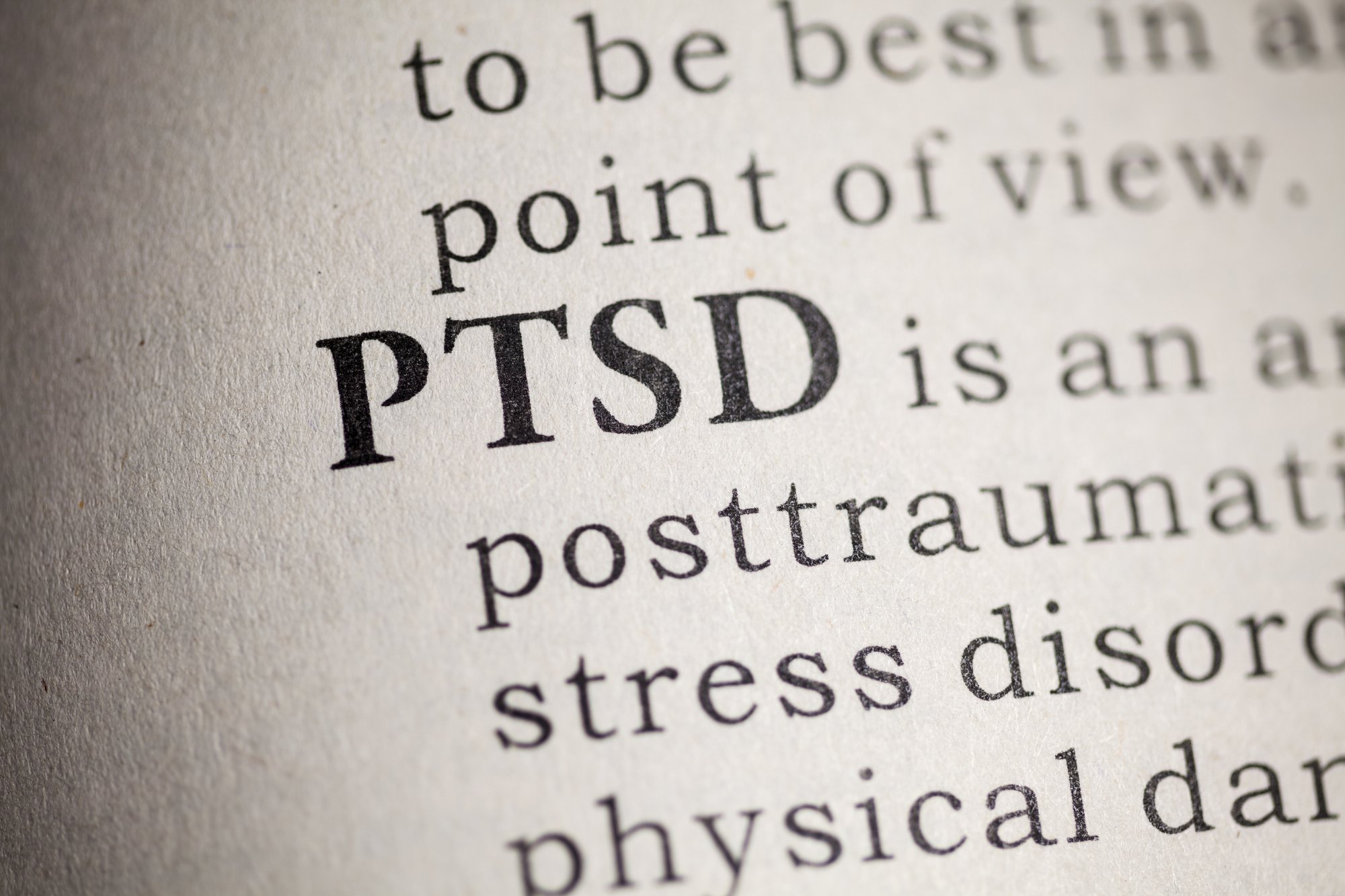The high suicide rate in the United States is undoubtedly a public health crisis. It may be happening so slowly that many health officials don’t notice, but the numbers don’t lie. According to the Center for Disease Control and Prevention, the number of people who died by suicide increased in 49 out of 50 American states between 1999 and 2016. The only state that saw a decline was Nevada, and their state-wide suicides only decreased by a minuscule 1%. Every other state experienced between a 6% and 58% jump in the number of people who took their own lives. The only thing that’s more shocking than these statistics is the lack of new treatment options for people who are depressed, anxious, or experiencing
thoughts of suicide.
What Options Are Available Now?
Not everyone who is depressed becomes suicidal– sometimes people commit suicide in a moment of high stress, or because they believe that they have no other option. However, suicide is often linked to mental health issues like depression and anxiety. The treatment options for people who are experiencing these mental health issues is limited to medication, different forms of psychotherapy, or a combination of the two.
The form of psychotherapy that’s thought to the most effective for people with depression and anxiety disorders is cognitive-behavioral therapy (CBT). CBT teaches patients to analyze and replace unhelpful thought patterns with ones that are more useful and realistic. In a CBT session, a therapist will work with a patient to disrupt their negative thought patterns, and will encourage the patient to come up with specific steps to improve their mental health.
In addition to CBT and other forms of psychotherapy, many doctors prescribe patients with depression and anxiety various types of antidepressant medication. They’re so common that 1 in every 10 Americans between the ages of 18 and 44 has used them. The most common antidepressant drugs used in America today are selective serotonin reuptake inhibitors (SSRIs) and serotonin and norepinephrine reuptake inhibitor (SNRIs).
What are SSRIs?
SSRIs help people with depression by increasing the levels of serotonin in the brain. Serotonin is a neurotransmitter that exists to carry signals between brain cells. Many doctors and researchers have hypothesized that low levels of serotonin are responsible for clinical depression, although this is difficult to prove conclusively on a living brain. SSRIs work by inhibiting the reabsorption of serotonin in the brain, which makes it available to brain cells for a longer period of time. Inhibiting serotonin in this way is thought to help regulate the mood. SSRIs are used to treat anxiety disorders as well as depression.
What are SNRIs?
SNRIs inhibit the reabsorption of norepinephrine, another neurotransmitter, in addition to serotonin. They’re often prescribed to patients with long-term chronic pain, nerve pain, and anxiety, in addition to being used to treat depression.
These two medications work in very similar ways and they typically take a few weeks before the patient starts seeing any impact. They also require patients to maintain the correct dosage- stopping these medications can lead to withdrawal symptoms that doctors call discontinuation syndrome. If you want to stop taking these medications, you’ll need to work with your doctor to safely and slowly decrease your dosage. These medications also have unpleasant side effects like nausea, drowsiness, dry mouth, agitation, sexual problems, and blurred vision. In some patients who are under the age of 25, they can, paradoxically, increase suicidal thoughts. This is why all SSRI and SNRI prescriptions carry a ‘black box warning’ in the United States.
What Advancements Are Being Made?
In an effort to stop relying on medications to treat depression, many doctors have started looking for solutions elsewhere. One major advancement in the field of mental health is ketamine infusion therapy. Ketamine was originally used as a surgical anesthetic when it was first developed in 1963. It has been the subject of many studies since, examining it as a potential treatment for both mental and physical pain.
Can Ketamine Infusion Therapy Help?
Ketamine, when infused in small doses nasally or intravenously, works by overtaking chemical receptors in our brains. This is similar to how SSRI and SNRIs function. However, instead of targeting neurotransmitters like serotonin or norepinephrine, ketamine targets a receptor called N-methyl-D-aspartate, or NMDA. Doctors believe this receptor has a role to play in alleviating depression and other mood disorders. It can also be used to treat chronic pain, which typically has a positive effect on the patient’s mental health and wellbeing.
In fact, many doctors are turning to ketamine as a fast-acting treatment for patients who are suicidal. In the past, doctors have resorted to simply sedating or restraining patients that they believe are an imminent danger to themselves. Now, it appears that ketamine can provide meaningful relief in mere hours for some patients, and multiple studies have featured patients whose suicidal thoughts are gone within one day of a ketamine infusion. The effects of a ketamine infusion last anywhere from a few days to a few weeks. People who are experiencing depression or thoughts of suicide should work with a reputable clinic to put together a treatment plan that works for them.
If you or someone you love is suffering from depression or experiencing suicidal thoughts, ketamine infusion therapy may be able to help. Call Us to request a consultation today.


